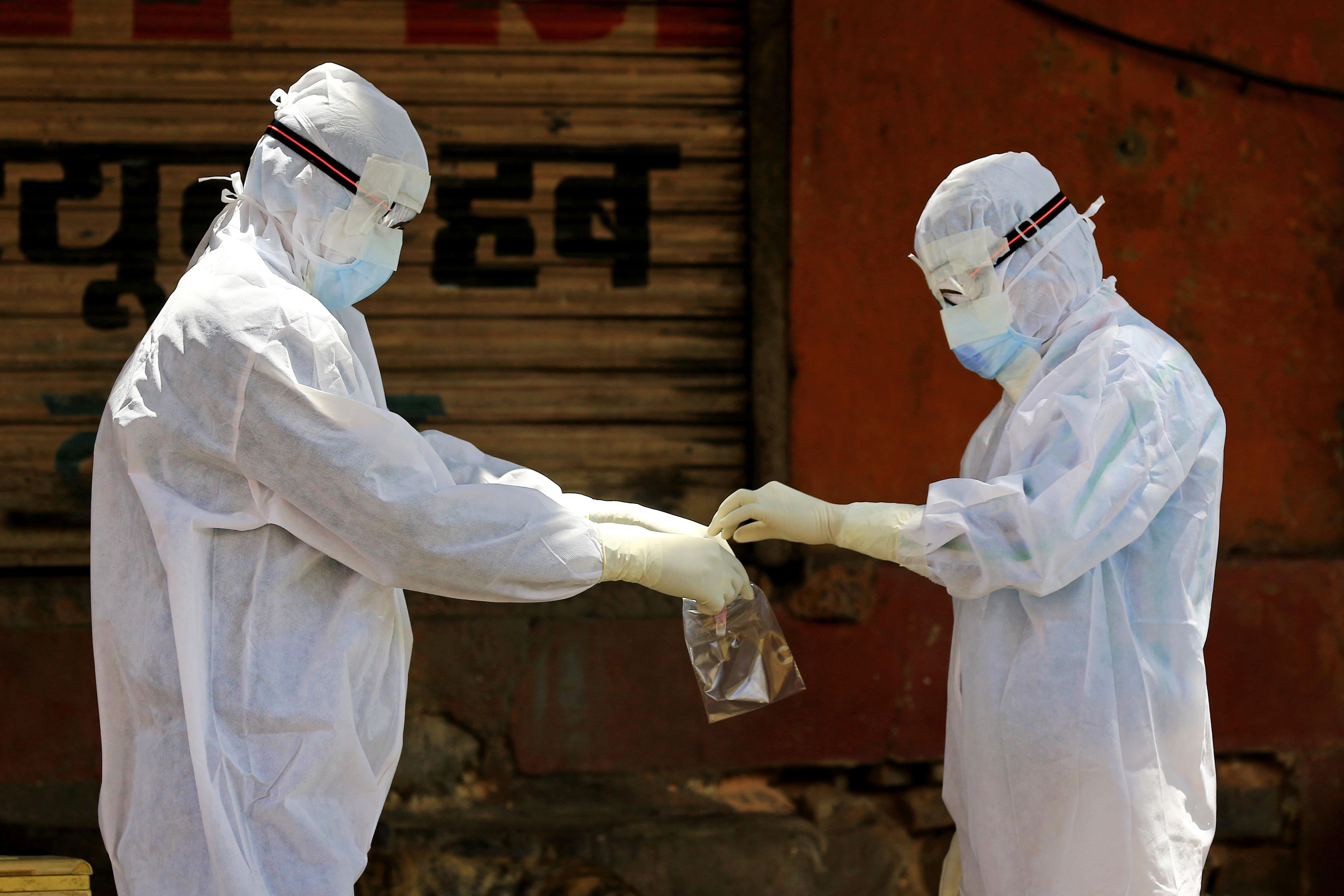Government-run Covid hospitals will set up quick response teams to monitor and manage critical patients, the state health department said on Tuesday.
Each quick response team will have an anaesthetist, a “medical officer” (who is a senior government doctor), two junior doctors (a postgraduate trainee and a housestaff) and a nurse trained in critical care.
“Proper and proactive intervention at the right time can decrease mortality to a great extent. This is also evident from the model procedure adopted in some hospitals dealing with Covid patients,” an order issued by the health department on Tuesday states.
The team should be functional 24 hours and attend to any critical patient, any time of the day or night, the order adds.
The team will attend to critical patients immediately after they are identified by attending doctors after every visit in the morning and evening. The medical superintendents will hand over a list of critical patients to the quick response team of the respective hospitals.
MR Bangur Superspeciality District Hospital in Tollygunge had set up such a team about two months back, the first government hospital dedicated for Covid treatment to do so.
“The number of Covid beds at the hospital has gone up from 150 to 1,100. There were only a few Covid hospitals back then and MR Bangur was always flooded with patients,” said an official. “Initially, there was confusion among doctors and nurses on how to handle such patients.”
Many patients admitted to the hospital had alleged that nurses were not coming near them or monitoring their health. Bodies of Covid patients were allegedly lying in the wards for hours.
“About a couple of months back, we set up a quick response team comprising a senior physician and two postgraduate trainees of the medicine department. It was important to identify critical patients and ensure better management,” said Sishir Naskar, the medical superintendent of MR Bangur hospital.
“Initially, doctors were visiting patients and writing down instructions about treatment. But there was a need to monitor the condition of critical patients between two rounds of visit. If someone’s condition worsens, intervention has to be prompt,” he said.
The team was later expanded. Now, a quick response team is continuously deployed throughout the day.
“They are concentrating on those patients who have been identified as critical by doctors and the hospital authorities,” said Naskar.










